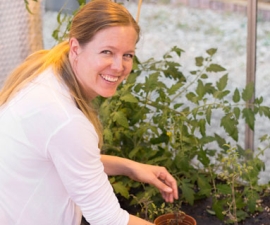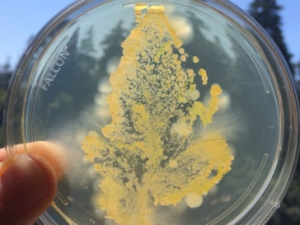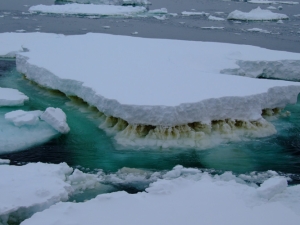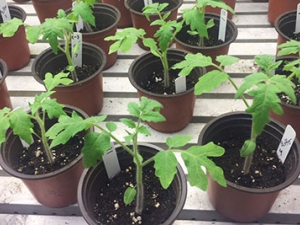

Research Bio
Britt Koskella is an evolutionary ecologist interested in the role that species interactions play in shaping the genotypic and phenotypic diversity found in nature. Her lab combines natural, observational studies of microbial ecology with experimental evolution and greenhouse studies to test fundamental theories in coevolution, disease ecology, community assembly and function, and host-pathogen interactions. Using multiple plant systems (including tomato plants, pear trees, pitcher plants, and more), her group explores how the plant microbiome establishes and functions, how it protects its hosts against disease and other environmental stressors, and how bacteriophage viruses might impact these processes. By unraveling the dynamic ecological and evolutionary relationships between hosts, symbionts and their pathogens, we aim to increase plant resilience to global change and increase agricultural sustainability.
Research Expertise and Interest
Bacteriophage, Microbiome, plant-pathogen interactions, disease ecology, agricultural sustainability, Environmental Microbiology of Bacteria and Viruses, plant microbiome, evolutionary ecology




